
Self
The 9th Symphony of Ludwig van Beethoven is one of the most popular pieces of classical music in the world. Even those who are not passionate about the classical music recognize the famous Ode to Joy. Despite the grim context in which it was created, the 9th Symphony leaves us fascinated, moved and uplifted by its creativity, its power and its culmination in the Ode to Joy. More than 160 years after it was written, Beethoven’s hymn to brotherhood was adopted by the European Union as its official anthem. But Beethoven’s Ninth is also met with enthusiasm far beyond the borders of Europe. What’s the explanation for its never ending success? What is it about this work of art that fascinates people all over the world?

Self
"Beethoven in Beijing" starts with a forgotten moment in history —the first American orchestra's visit to communist China. The Philadelphia Orchestra’s 1973 tour was a gesture of cultural diplomacy that resonates still today, as the revival of classical music in China energizes the world of music.

Self
Follow several talented members of the ensemble as they gather in locations across the world, exploring the ways art can both preserve traditions and shape cultural evolution.

Music Director
Tan Dun portrays the Venetian explorer's travels to the Far East as a journey of both inner and physical discovery, a voyage depicting spiritual experiences as well as a geographical expedition. Pierre Audi's mythical staging and Jean Kalman's fabulous set design complement the composer's own musical direction, forging the dazzlingly versatile soloists, the Netherlands Chamber Orchestra and Cappella Amsterdam to a stunning symbiosis of elements across time and space, a true testimony to cultures intertwined in globalization.
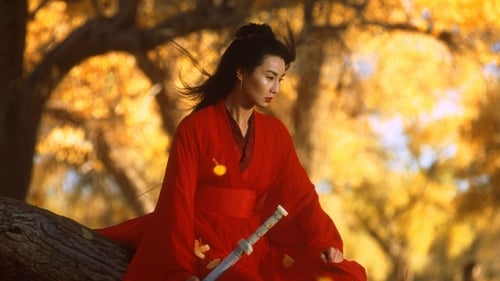
Original Music Composer
One man defeated three assassins who sought to murder the most powerful warlord in pre-unified China.
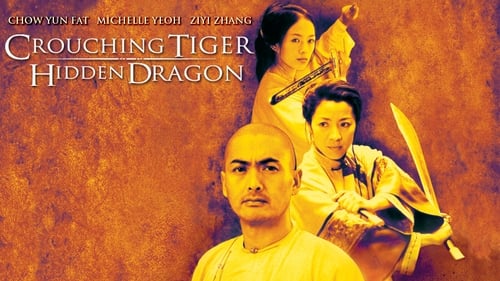
Original Music Composer
Two warriors in pursuit of a stolen sword and a notorious fugitive are led to an impetuous, physically-skilled, teenage nobleman's daughter, who is at a crossroads in her life.
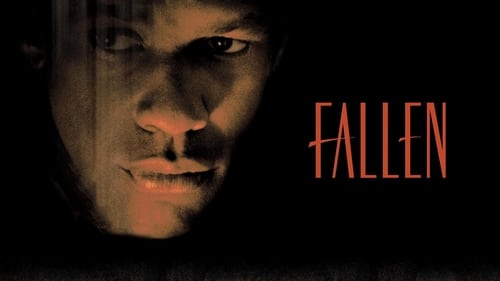
Original Music Composer
Homicide detective John Hobbes witnesses the execution of serial killer Edgar Reese. Soon after the execution the killings start again, and they are very similar to Reese's style.
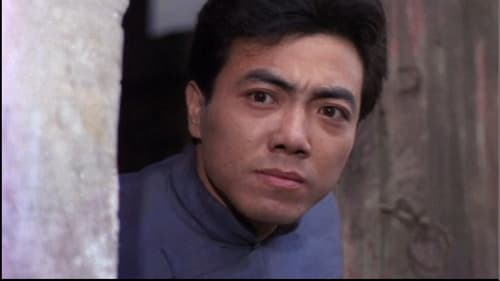
Original Music Composer
In December 1937, during the Second Japanese-Sino War, a Chinese doctor, his Japanese pregnant wife, their teenage daughter and their young son travel from Shanghai to Nanjing seeking shelter in the Capital during the Japanese invasion. The family faces the Rape of Nanking by the Imperial Japanese Army, with rapes, mass murder of prisoners of war and civilians including women, children and elders, and disrespect of international conventions.

Original Music Composer
CHINA: A CENTURY OF REVOLUTION is a six-hour tour de force journey through the country's most tumultuous period. First televised on PBS, this award-winning documentary series presents an astonishingly candid view of a once-secret nation with rare archival footage, insightful historical commentary and stunning eyewitness accounts from citizens who struggled through China's most decisive century. THE MAO YEARS examines the turbulent era of Mao's attempts to forge a "new China" from the war-ravaged and poverty-stricken nation.

Music
"Aktion K" is a documentary about the greatest mass exodus from a nazi concentration camp, which took place at the upper Austrian hills, in 1945. The following hunting is still known there under the cynical title "Mühlviertler Hasenjagd" - "The Mühlviertel's hare hunting".
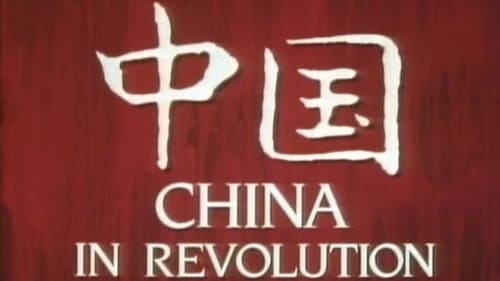
Original Music Composer
CHINA: A CENTURY OF REVOLUTION is a six-hour tour de force journey through the country's most tumultuous period. First televised on PBS, this award-winning documentary series presents an astonishingly candid view of a once-secret nation with rare archival footage, insightful historical commentary and stunning eyewitness accounts from citizens who struggled through China's most decisive century. CHINA IN REVOLUTION charts the country's most violent era where decades of civil war and foreign invasions led to the bloody battle for power between Mao Zedong and Chiang Kai-shek.










